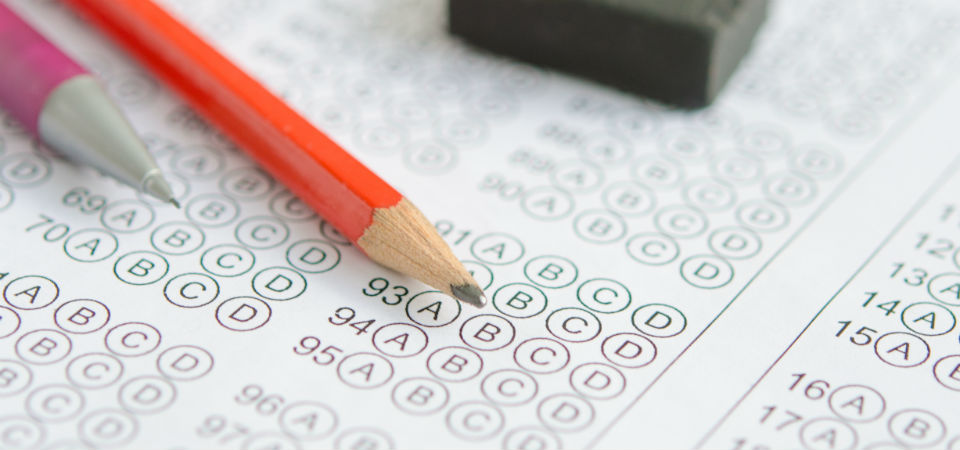Researchers from Loughborough University looked at the impact of physical activity on behaviour and classroom achievement among primary youngsters from 17 schools across the UK.
All of the children, aged between 10 and 11 years old, were taking part in a joint BBC and Premier League exercise and education programme, called Super Movers.
They found that 77% of the schools that took part in the scheme reported an improvement in brain function and learning in their pupils after exercise.
The mood of the children also improved after physical activity.
Professor Eef Hogervorst, of the School of Sport, Exercise and Health Sciences at Loughborough University, said: “We tested the Super Movers exercise programme and compared it against normal classroom activities in 17 schools.
“The study showed that the Super Movers programme improved brain speed – up to an average of 19% – and mood, from okay to feeling very good, significantly in children.
“This has a big impact on their learning and other activities in the classroom.
“What is good for the heart is good for the brain.
"However, one other thing we found is that not having breakfast resulted in poor memory.”
The school children were split into two groups - a group that exercised and a group that did not.
The exercise group completed 50 minutes of physical activity - including circuit-style training and choreography copied from Super Movers active classroom resources - and then performed a series of cognitive tasks to establish if the exercise helped boost their attention span and improve their learning, compared to their classmates who did no physical activity.
Findings from the study indicated that brain speed, the ability to process information and apply it to tasks, increased by up to 19% after exercise.
Physical activity also significantly improved mood in all the children who exercised, with twice as many boys in the exercise group showing a clear link between improved mood and increased brain speed compared to the non-exercise control group.
Prof Eef Hogervorst said: “The nationwide experiment has yielded some really encouraging results and shows that with less than an hour of enjoyable physical exercise in a day, we can see some real improvements to children’s learning.
“It has long been established that exercise can boost brain function, but to see such significant results across the board confirms that fun exercise, like the Super Movers resources, can make a real difference.”
Super Movers is a BBC and Premier League initiative which helps teachers inspire primary school children to get more active and boost their learning throughout their school day.
The schools that took part were:
- Fairfield Road Primary School and Button Lane Primary School, Manchester
- Eastfield Primary School, Hull
- Green Lane Primary and Nursery School, Kingston
- Tweedmouth Community Middle School, Berwick-upon-Tweed
- St John's CE (VA) J & I School, Huddersfield
- Bantock Primary School, Wolverhampton
- St Peters C of E Primary School, Bristol
- Balfour Primary School, Brighton
- St. James' Church of England Primary Academy, Bournemouth
- Linn Primary School, Larne
- St Patrick’s Catholic Primary School, Southampton
- Forest Lodge Academy, Leicester
- Plantation Primary School and Nursery, Liverpool
- Mount Florida Primary School and Nursery Class, Glasgow
- Radnor Primary School and Herbert Thompson Primary School, Cardiff
ENDS
